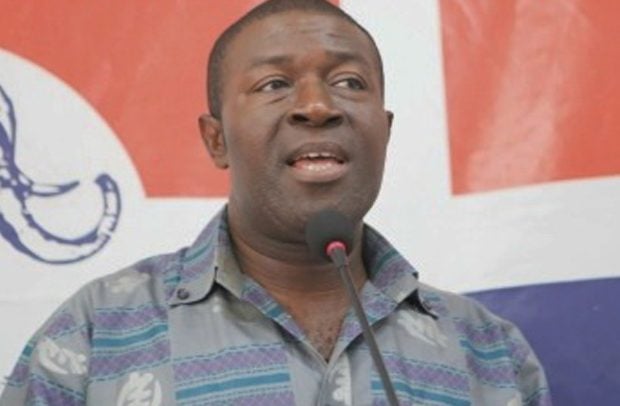Nana Akomea, a prominent member of the New Patriotic Party (NPP), has offered a nuanced perspective on President John Dramani Mahama’s approach to ministerial appointments, diverging from the chorus of criticism emanating from various segments of the Ghanaian public and political rivals. President Mahama’s strategy, characterized by releasing ministerial appointments in batches rather than presenting a comprehensive list, has been labeled as “tot tot,” or piecemeal, drawing considerable public attention and sparking debate about its implications for governance. Akomea, however, defends this approach, arguing that it’s a reasonable course of action given the existing circumstances and established precedent.
Akomea’s defense hinges on two primary arguments: the pragmatism of phased appointments in the context of complex political and economic realities, and the historical precedent of similar practices by previous administrations. He acknowledges that while presenting a complete list upfront would be ideal, the president’s stated intention to finalize appointments within two weeks suggests a strategic rationale behind the phased approach. This rationale, Akomea posits, could stem from several factors, including the intricate nature of balancing political considerations, assessing individual qualifications, and addressing the immediate needs of critical sectors.
Furthermore, Akomea emphasizes the criticality of prioritizing key ministries, particularly finance and energy, given Ghana’s prevailing economic challenges. He underscores the urgency of appointing ministers to these portfolios, highlighting the finance ministry’s crucial role in managing the nation’s economic affairs and the energy ministry’s immediate task of addressing pressing issues within the energy sector, including outstanding debts to Independent Power Producers (IPPs). The instability within the energy sector demands immediate attention, making the appointment of a competent minister a priority, according to Akomea. This prioritization, he argues, justifies the phased approach, allowing the government to address urgent needs while meticulously considering appointments for other ministries.
Akomea’s defense also draws heavily on historical context. He points out that no previous Ghanaian government has managed to unveil its full ministerial lineup immediately upon assuming office. This historical pattern, he argues, suggests that the phased approach is not an anomaly but rather a standard practice rooted in the complexities of forming a government. The process of vetting candidates, negotiating political alliances, and aligning ministerial portfolios with individual expertise often requires time and careful consideration, making an immediate, comprehensive appointment list impractical. By invoking this historical precedent, Akomea normalizes President Mahama’s strategy, portraying it as a continuation of established norms rather than a deviation.
While acknowledging his lack of insider knowledge regarding the specific reasons behind the president’s phased approach, Akomea nevertheless expresses confidence in the overall direction of the appointments, suggesting that they serve a practical purpose. He refrains from speculating on the precise motivations behind the approach, choosing instead to focus on the practical benefits of prioritizing key sectors and the historical precedent of similar practices. This restraint adds to the measured tone of his defense, emphasizing his focus on pragmatic considerations rather than engaging in partisan criticism.
In conclusion, Nana Akomea’s defense of President Mahama’s phased ministerial appointments presents a counter-narrative to the prevailing criticism. By emphasizing the practical considerations, the urgency of addressing critical sectors, and the established precedent of similar practices by past administrations, Akomea frames the “tot tot” approach as a reasonable and even strategically sound course of action. His comments underscore the complexities of forming a government and the need for a nuanced understanding of the factors that influence such decisions. His willingness to defend a political opponent’s strategy based on pragmatic considerations and historical context also highlights the potential for constructive political discourse in Ghana’s often polarized political landscape.


